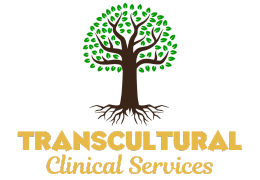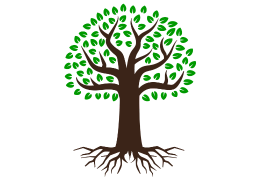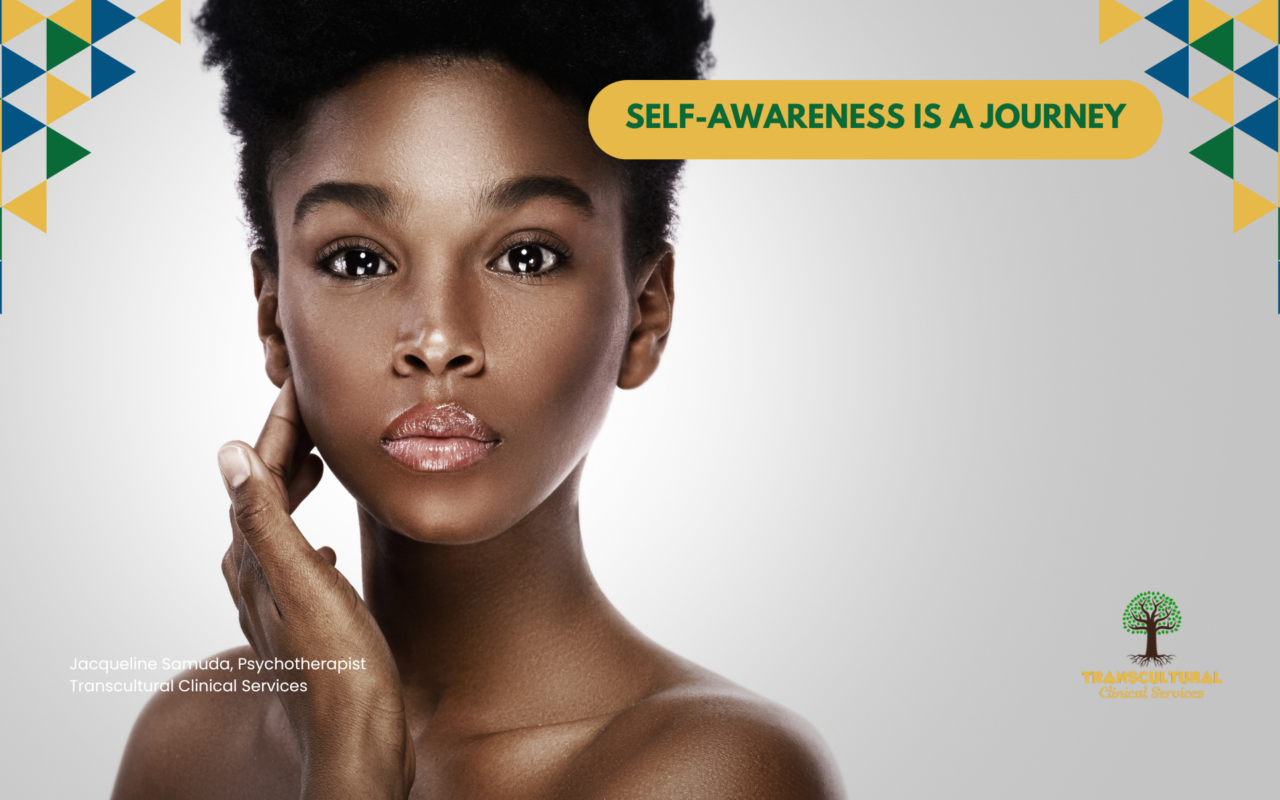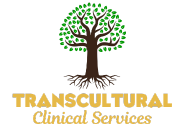Have you ever accepted an invitation from a friend, family member or work colleague to an outing – a luncheon or a play to celebrate a special occasion?
You knew the conditions were not favorable for you to have a good time. Perhaps you didn’t like the restaurant option because you didn’t think you would find a dish you would enjoy. Perhaps the restaurant was too far away, and you didn’t want to drive on those roads late at night? As the time approached, you had a bad feeling about the proposed outing. You didn’t say anything because you didn’t want to disappoint the person or be a bother. You pushed those feelings away, deep down inside you, and later wondered why you felt depressed.
Self-awareness is an important component of emotional intelligence, personal development and contributes to good mental health.
Given that August is known as Self-Awareness Month, which is about recognizing how we feel, think, and act, I would like to celebrate all of us in the African Diaspora who choose to prioritize our mental health!
Six components of self-awareness are:
- Emotional Awareness – Our ability to identify and name what we are feeling, why we are feeling that way, and how those emotions impact our mood and behavior.
- Self-Reflection – Requires introspection when we evaluate our actions and identify patterns in our thoughts and behavior. It also involves considering how our past experiences shape our current behavior and impact how we show up for ourselves, friends, family and communities, and in the world;
- Self-Assessment – Acknowledging and celebrating our strengths while identifying our challenges and vulnerabilities. It requires us to be honest with ourselves regarding areas in which we may need to improve;
- Personal Values and Beliefs – Involves knowing what is truly important to us, what we stand for, and how our values and beliefs influence our decisions and behavior.
- Behavioral Awareness – This is the ability to recognize how our actions affect us and how our behavior is perceived by others. It includes understanding the social context and the implication of our action and not-action in different situations.
- Body Awareness – This implies an awareness of our physical body and how malaise, stress, tension, and relaxation manifest internally.
Developing self-awareness is a continuous process that involves regular self-reflection, mindfulness practices, and remaining open to feedback from trusted individuals.
Benefits of cultivating and celebrating self-awareness throughout the year:
- Improved mental health
- Healthy relationship with self and others
- Improved communications
- More informed decision-making
- Better management of stress
Self-awareness is a life-long journey.
Take these steps to improve your self-awareness skills:
Journaling
- Write down your thoughts and feelings related to challenging situations;
Breathing Exercises
- Check-in with your breathing throughout the day
Meditation
- Pause, tune in, and observe your inner experiences in a non-judgmental manner;
Listen
- When responsible and trusted friends, family members, or colleagues provide feedback;
Seek counseling
- Counseling helps when confronted with chronically challenging situations.




